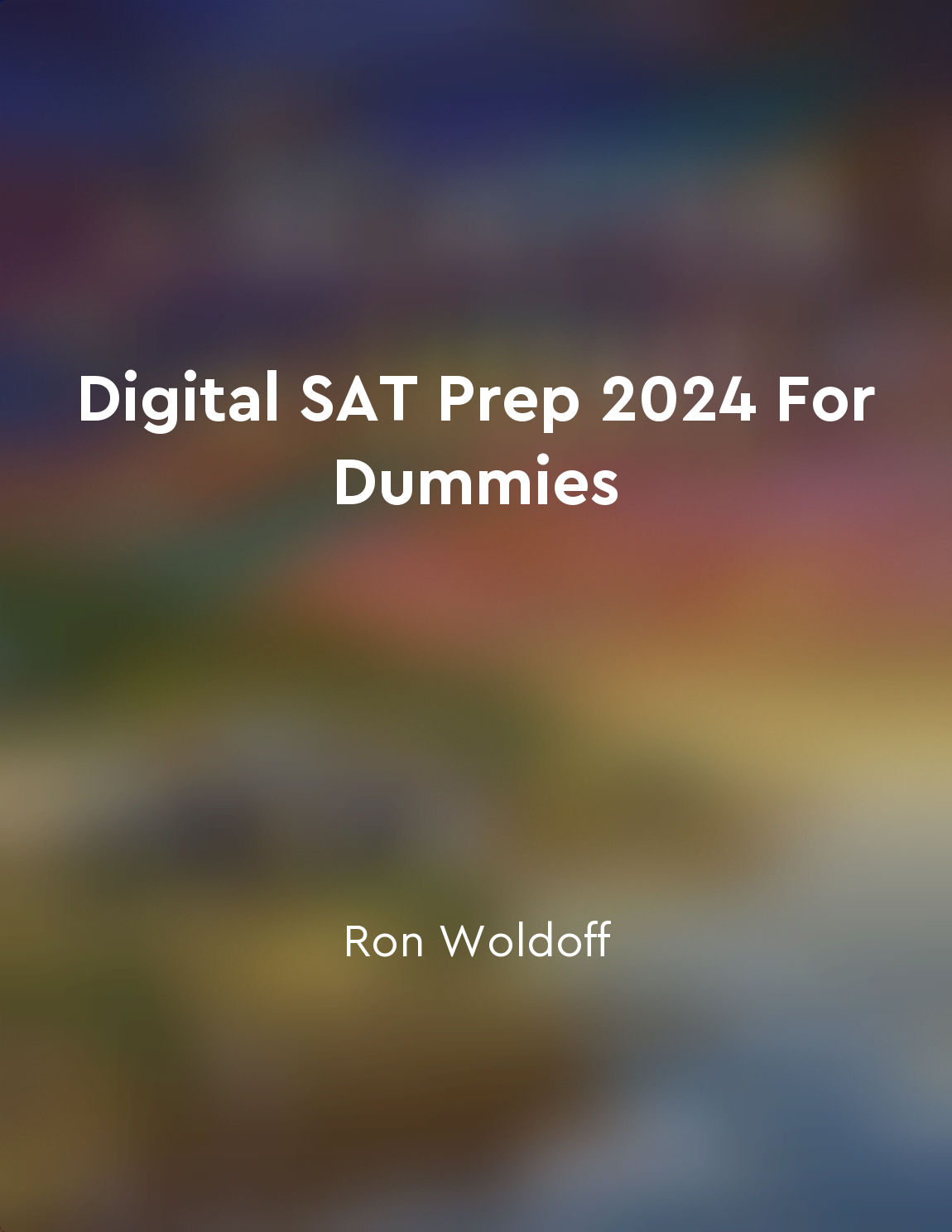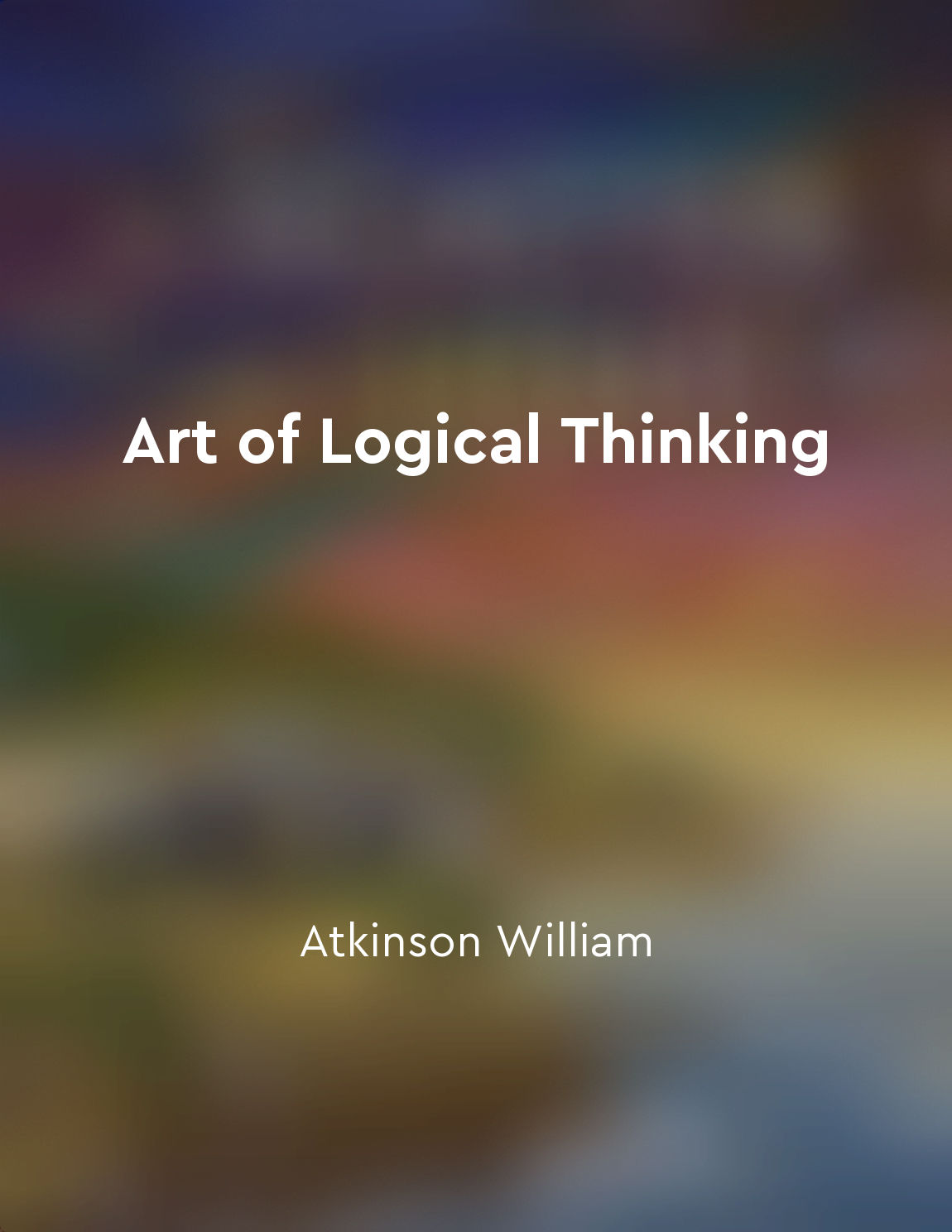Audio available in app
Critical thinkers are critical of their own thinking from "summary" of Critical Thinking by David McKay
Critical thinkers engage in a process of self-reflection that involves examining their own beliefs, assumptions, and biases. This self-critique is an essential aspect of critical thinking, as it allows individuals to identify potential flaws in their reasoning and decision-making. By being open to questioning their own perspectives, critical thinkers are able to avoid the pitfalls of cognitive biases and logical fallacies that can impede sound judgment. One of the key characteristics of critical thinking is intellectual humility, which involves recognizing the limitations of one's own knowledge and being willing to reconsider one's beliefs in light of new evidence or arguments. This willingness to admit when one is wrong or uncertain is essential for maintaining an objective and rational approach to problem-solving. In addition to being critical of their own beliefs, critical thinkers are also adept at evaluating the sources of information that they rely on. This involves scrutinizing the credibility, accuracy, and relevance of sources to ensure that one's thinking is based on reliable and trustworthy information. By being mindful of the potential biases and agendas of different sources, critical thinkers are able to make more informed and accurate judgments. Furthermore, critical thinkers are skilled at analyzing and evaluating arguments, both their own and those of others. This involves identifying the underlying assumptions, evidence, and reasoning that support a particular claim or position. By subjecting arguments to rigorous scrutiny, critical thinkers are able to distinguish between strong, well-supported arguments and weak, fallacious ones.- Being critical of one's own thinking requires a commitment to intellectual honesty and integrity. It involves a willingness to challenge one's own beliefs and assumptions, as well as a dedication to seeking out and considering alternative viewpoints. By cultivating these habits of self-reflection and self-critique, individuals can develop the intellectual skills and dispositions necessary for effective critical thinking.
Similar Posts
Neuroscience offers insights into mindbody connection
Neuroscience has provided a wealth of knowledge about the relationship between the mind and body. By studying the brain and ner...

Recognizing common testtaking mistakes
When taking the SAT, it's crucial to be aware of common mistakes that test-takers often make. By recognizing these errors, you ...
Cognitive development shapes learning abilities
Cognitive development is a fundamental aspect of a child's growth and learning process. It refers to the development of thinkin...
Recognizing the role of prior knowledge
When we learn, we build upon what we already know. Our prior knowledge serves as a foundation upon which new information can be...

Analogical reasoning compares similarities
Analogical reasoning is a method of comparing similarities between two things in order to draw a conclusion about one based on ...
Recognize your cognitive biases
Recognizing your cognitive biases is like peeling an onion. The more layers you remove, the more you realize how much there is ...
It leads to wellinformed decisions
When we engage in critical thinking, we are able to sift through information, evaluate evidence, and analyze arguments in a sys...

